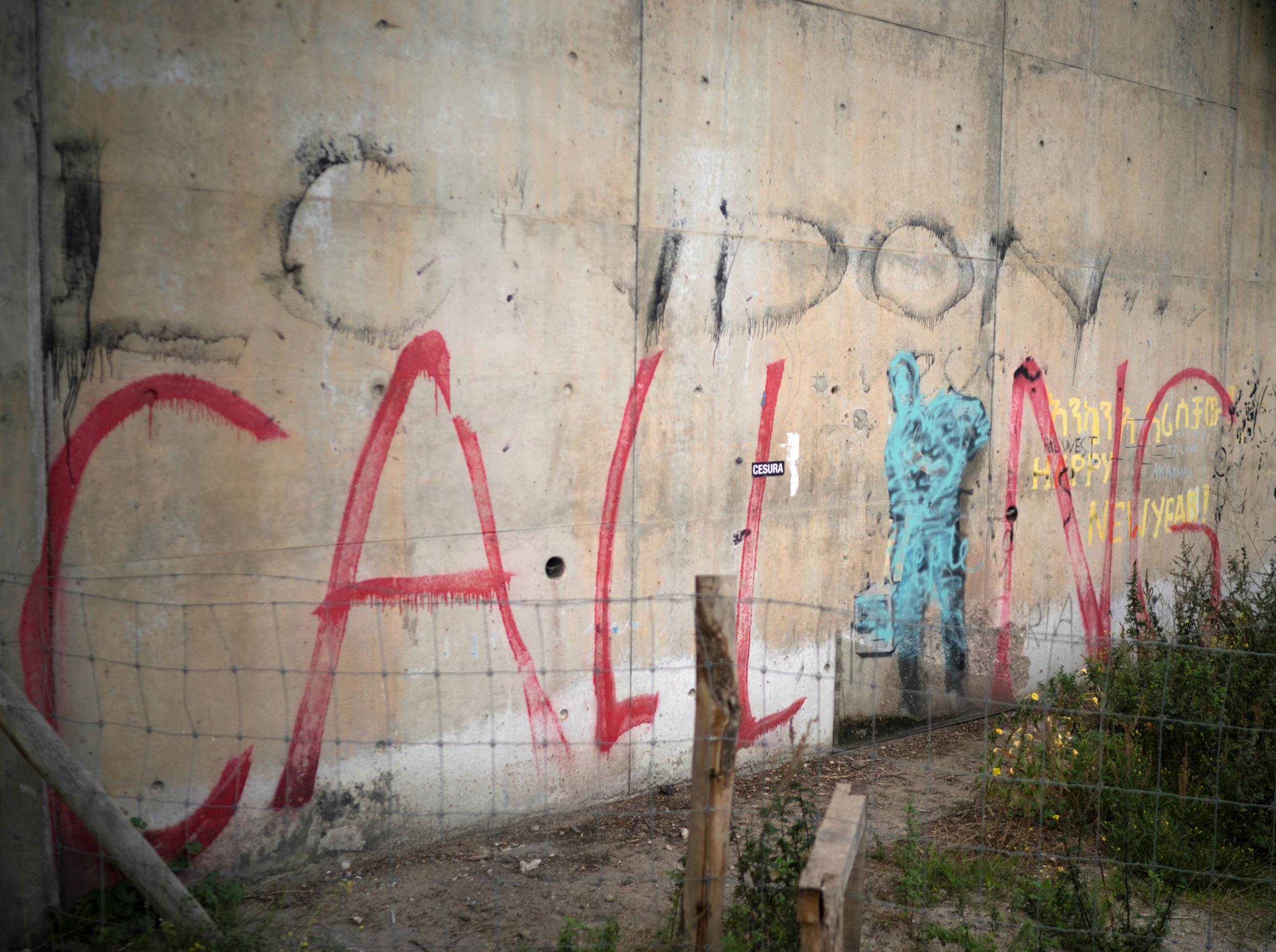Government's treatment of child refugees under Dubs scheme broke law, Court of Appeal rules
Court rules that unaccompanied minors refused entry to UK under Dubs Amendment were given 'patently inadequate' reasons but says 480 cap will remain

Your support helps us to tell the story
From reproductive rights to climate change to Big Tech, The Independent is on the ground when the story is developing. Whether it's investigating the financials of Elon Musk's pro-Trump PAC or producing our latest documentary, 'The A Word', which shines a light on the American women fighting for reproductive rights, we know how important it is to parse out the facts from the messaging.
At such a critical moment in US history, we need reporters on the ground. Your donation allows us to keep sending journalists to speak to both sides of the story.
The Independent is trusted by Americans across the entire political spectrum. And unlike many other quality news outlets, we choose not to lock Americans out of our reporting and analysis with paywalls. We believe quality journalism should be available to everyone, paid for by those who can afford it.
Your support makes all the difference.The government broke the law in its treatment of child refugees who were rejected under the Dubs scheme, the Court of Appeal has ruled.
A judge ruled on Wednesday morning that unaccompanied child refugees in Calais who were refused entry to Britain under the Dubs Amendment were given “patently inadequate” reasons for the rejection of their applications.
But the court upheld the government’s decision to cap the number of unaccompanied child refugees who can be brought into the UK at 480.
Charity Help Refugees argued that children being considered for relocation had been denied their fundamental rights, as they were given no written decisions and no detailed reasons for the grounds of their refusal.
As a result, there was no review mechanism by which they could challenge decisions they believed were wrong, and accessing the courts of England and Wales was made effectively impossible for lone refugee children.
At an earlier stage in court proceedings, the Home Office argued that it could not give each child reasons for their refusal because this would take too long.
But evidence emerged in the Court of Appeal that the Home Office had internally decided not to convey fuller reasons for fear that children refused would bring legal challenges.
The decision opens the way for children refused entry to bring individual challenges about the way their applications were handled.
Help Refugees also argued that the Home Office had adopted a “seriously defective” process to measure the capacity of councils to take in child refugees, after it emerged many local authorities were not properly consulted.
Responding to the ruling, Lord Alf Dubs, who was a child refugee himself, said following the ruling that every unaccompanied child who was turned away deserved an explanation and a chance to appeal the decision.
“The decision gives some hope to thousands of vulnerable child refugees in Europe,” he said.
Shadow home secretary Diane Abbott said that by “refusing to implement the Dubs amendment”, the Tories had ”cruelly failed to meet their moral and legal obligations to vulnerable child refugees”.
Josie Naughton, chief executive and co-founder of Help Refugees, said: “Today’s judgement rightly forces the government to recognise that every child considered for transfer under the Dubs scheme and refused must be given reasons.
“For two years, vulnerable children have been rejected without any real explanation. Children who received these decisions are now missing; for them it is too late. These spaces, that still remain unfilled, could have saved their lives.
“Instead, children have been left in mental anguish, at risk of exploitation and abuse.”
Rosa Curling, solicitor from Leigh Day, added: “We are pleased that the Court of Appeal has ruled that unaccompanied refugee children must given reasons if refused transfer to the UK under the Dubs Amendment.
“These are potentially life-altering decisions for a particularly vulnerable group of children. It is essential that children know why they are refused and have the possibility effectively to challenge decisions they believe to be unlawful.”
The Dubs amendment, passed in May 2016, required the government to act “as soon as possible” to relocate and support unaccompanied refugee children in Europe.
The initial number was set at 350, but following investigations by Help Refugees’ legal team, the Home Office was compelled to admit that 130 places had been overlooked and the “specified number” was increased to 480.
The Help Refugees litigation also compelled the Home Office to consent to a declaration that the “specified number” of children to be transferred under the Dubs Amendment was exclusive of any children transferred under the UK’s pre-existing EU law obligations (the Dublin III Regulation).
It comes after The Independent reported that some youngsters relocated to Britain under Dubs had been counted towards the capped total despite already having the right to be in the country under family reunification laws.
A Home Office spokesperson said: “This judgment confirms that the Government’s consultation with local authorities, in which they said they could provide 480 places for eligible children from Europe, was lawful.
“We continue to accept further referrals and transfers are ongoing. We will continue to work closely with participating states, local authorities and other partners to relocate eligible children here quickly and safely.”
Join our commenting forum
Join thought-provoking conversations, follow other Independent readers and see their replies
Comments